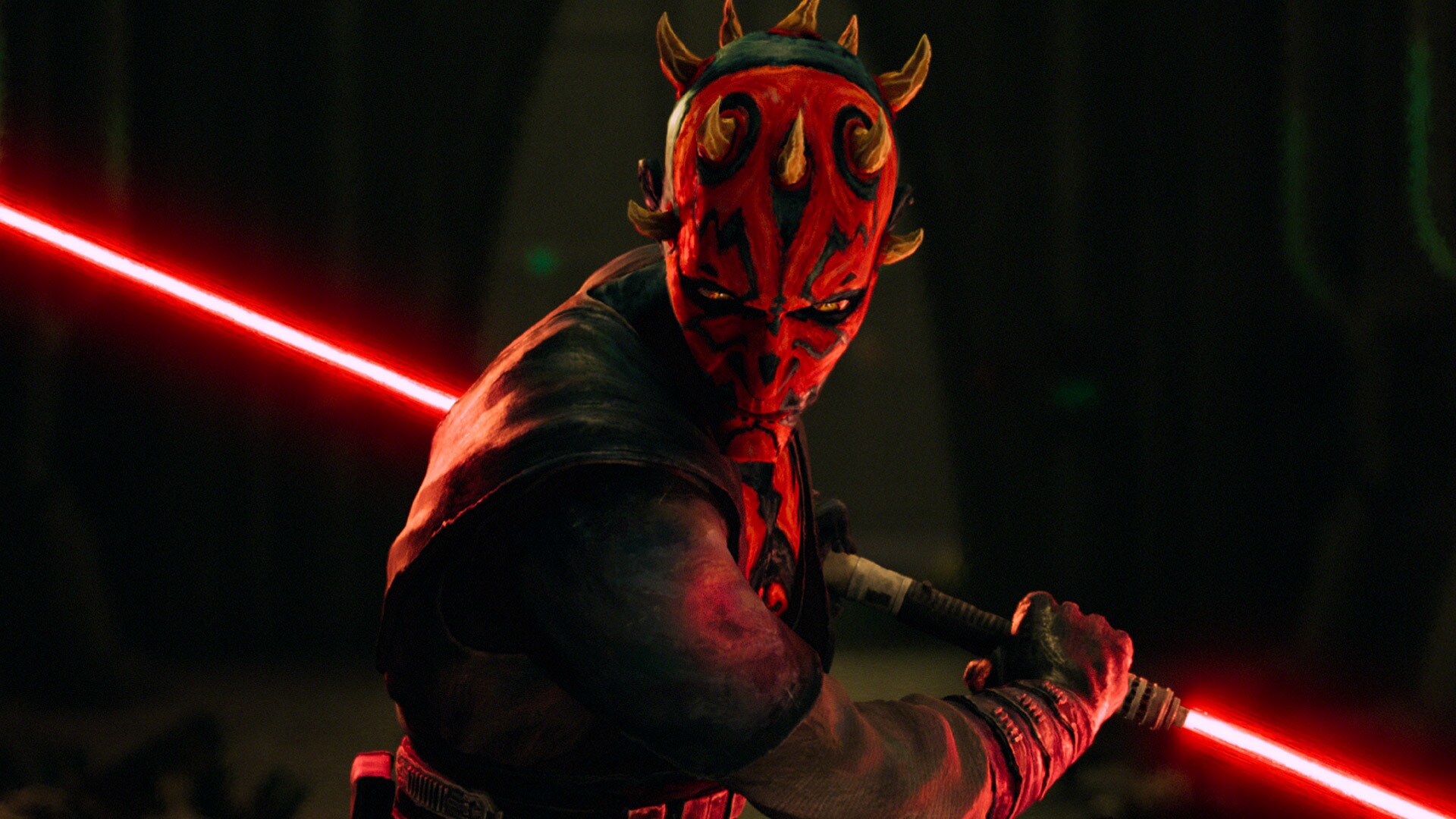NASA astronaut votes from space bunk bed for Election Day 2022
'This year's voting booth definitely takes the cake.'

At least one election ballot this year came from out of this world.
NASA astronaut Josh Cassada zipped up the sleeve on his International Space Station (ISS) bunk bed, creating a modified voting booth to vote in the U.S. midterms from space Tuesday (Nov. 8).
"I've voted my entire adult life, but this year's voting booth definitely takes the cake," Cassada, a U.S. Navy captain, joked in a tweet showing off the closed-off bunk. "So thankful to everyone — especially democracy — for allowing me to remain part of this essential process this year."
Cassada and the other U.S. astronauts aboard the complex right now are eligible to vote by absentee ballot. The process involves the astronaut filling out a Federal Postcard Application ballot before liftoff. (It's similar to an absentee ballot other U.S. citizens use, but targeted at populations living overseas or in the case of Cassada, in space.)
Related: Election 2022: How astronauts vote from space
The other eligible U.S. voters among Expedition 68 include Kjell Lindgren (an American born in Taiwan), Loral O'Hara, Bob Hines, Jessica Watkins (the first Black female on a long-duration flight), Nicole Mann (the first Native American female in space) and Frank Rubio (the first Salvadoran-American in space).
"I can't confirm if the individuals onboard will vote — that has to come from them," Dan Huot, NASA's public affairs lead for the ISS, told Space.com when asked if the others plan on it. Huot confirmed, however, that the absentee ballot process previously used by NASA astronaut Kate Rubins in 2020 is identical to what is possible in 2022.
Breaking space news, the latest updates on rocket launches, skywatching events and more!
I've voted my entire adult life, but this year’s voting booth definitely takes the cake. So thankful to everyone – especially Democracy – for allowing me to remain part of this essential process this year. pic.twitter.com/l9r83wxoxjNovember 8, 2022
NASA has been a leading item on the political agenda in recent months. U.S. president Joe Biden confirmed the agency's commitment to remain on the ISS through 2030 with the passage of the CHIPS Act this summer. NASA's 2023 budget received a $23 billion request from the White House, along with a promise to put astronauts on Mars by 2040.
The ongoing Russian invasion of Ukraine that started in February, however, has torn apart most space partnerships aside from the ISS and set the tone for tense international moments. One recent example was threats by Russia that it will fire on U.S. commercial satellites looking at Ukraine from orbit, which prompted a response from the White House.
Government-funded military space has also been quite active in recent years with the creation of a new United States Space Force unit pledging to provide "critical intelligence on threat systems, foreign intentions and activities in the space domain."
Elizabeth Howell is the co-author of "Why Am I Taller?" (ECW Press, 2022; with Canadian astronaut Dave Williams), a book about space medicine. Follow her on Twitter @howellspace. Follow us on Twitter @Spacedotcom or Facebook.

Elizabeth Howell (she/her), Ph.D., was a staff writer in the spaceflight channel between 2022 and 2024 specializing in Canadian space news. She was contributing writer for Space.com for 10 years from 2012 to 2024. Elizabeth's reporting includes multiple exclusives with the White House, leading world coverage about a lost-and-found space tomato on the International Space Station, witnessing five human spaceflight launches on two continents, flying parabolic, working inside a spacesuit, and participating in a simulated Mars mission. Her latest book, "Why Am I Taller?" (ECW Press, 2022) is co-written with astronaut Dave Williams.
